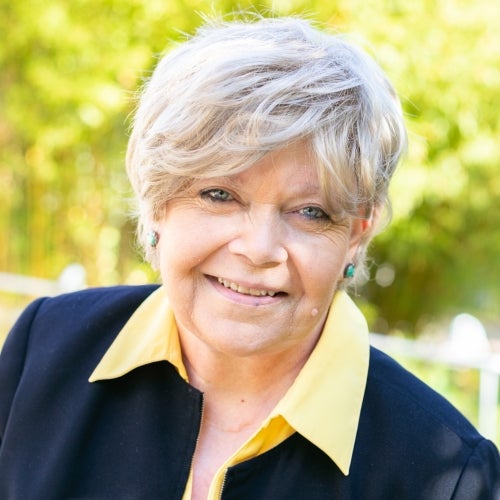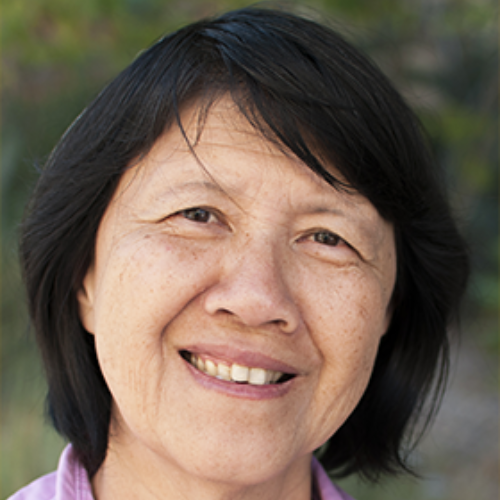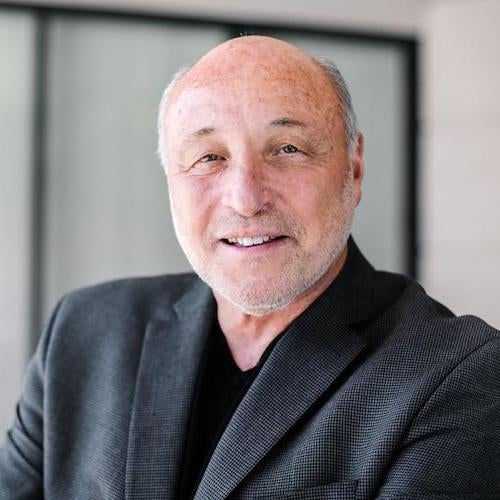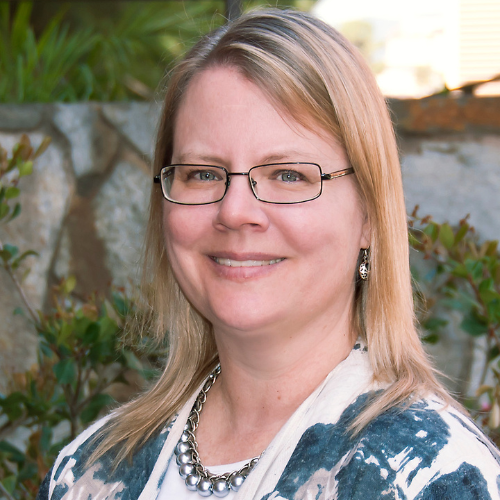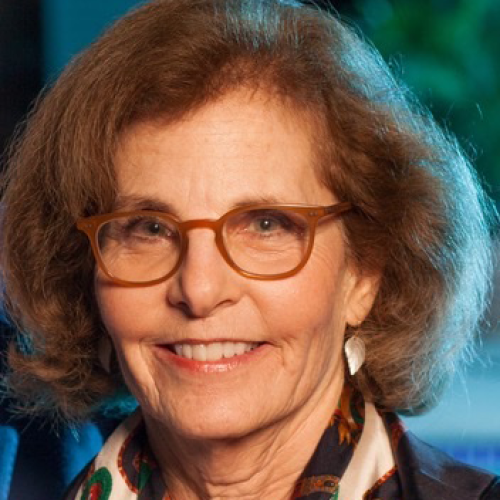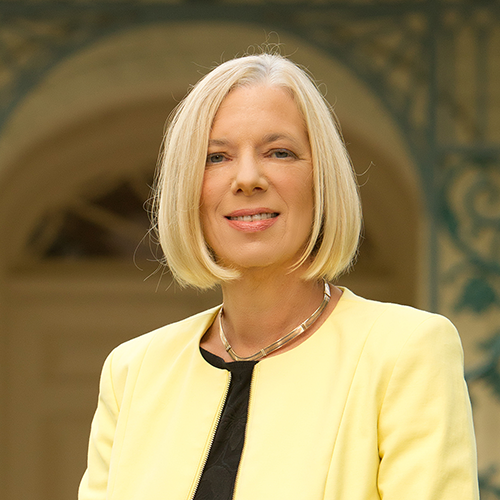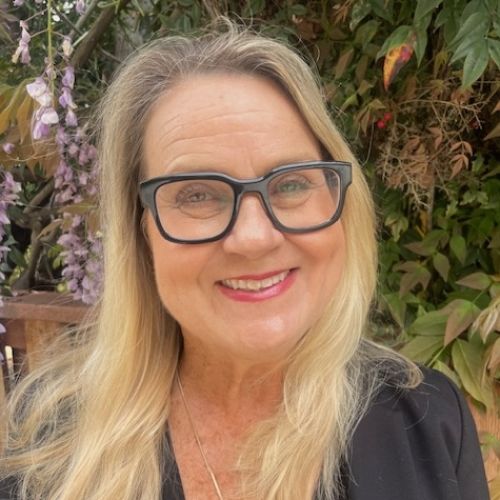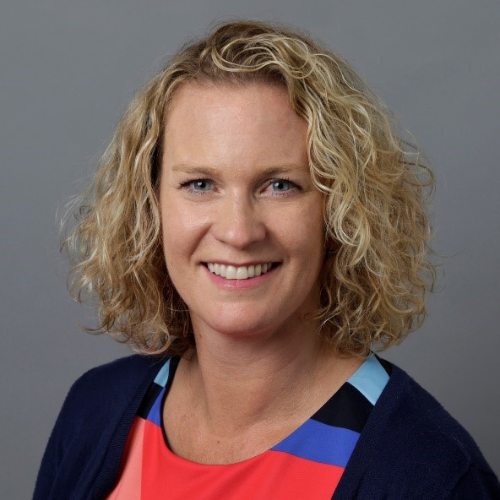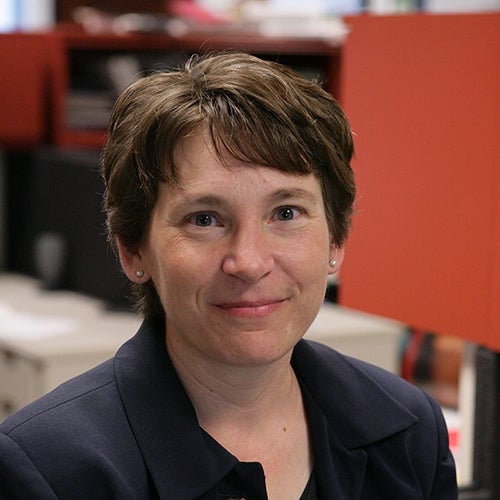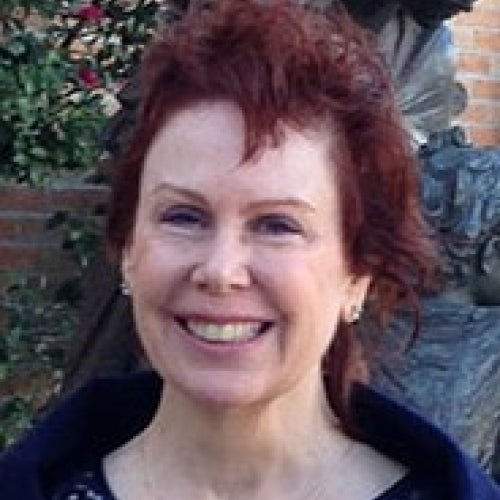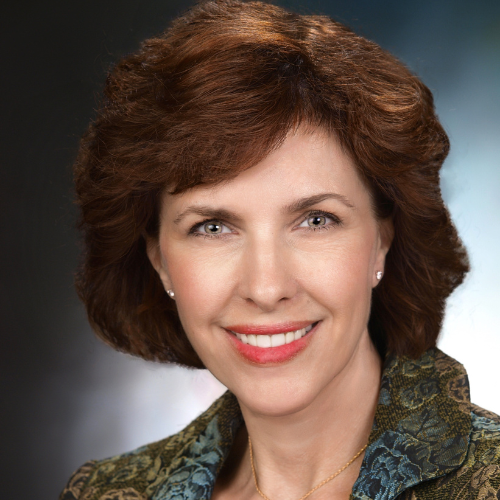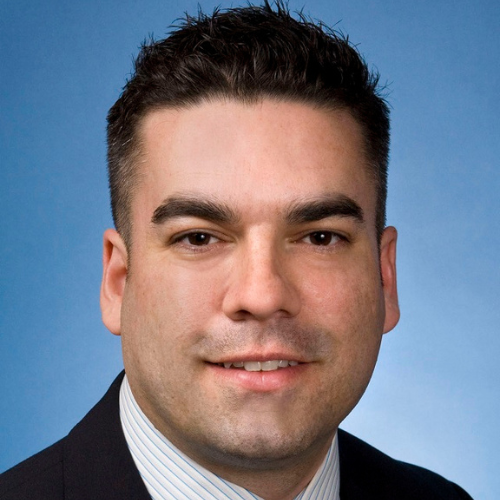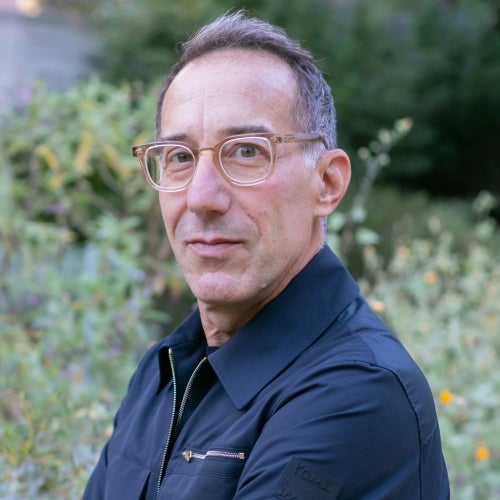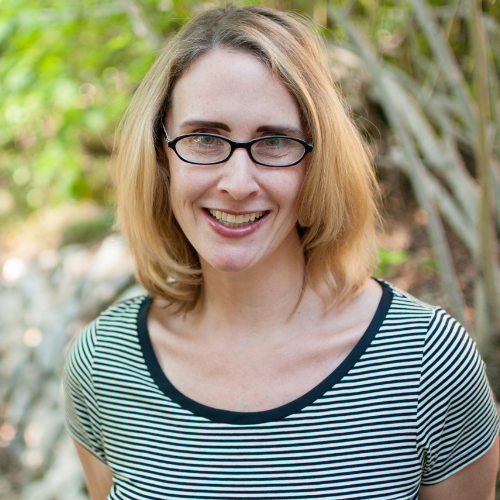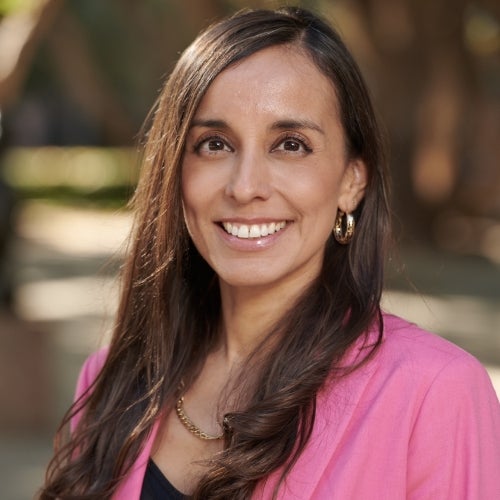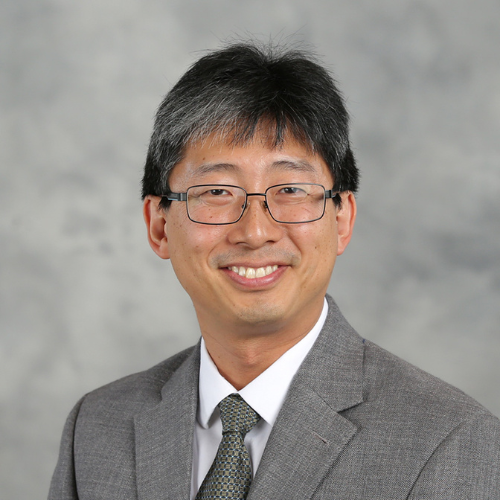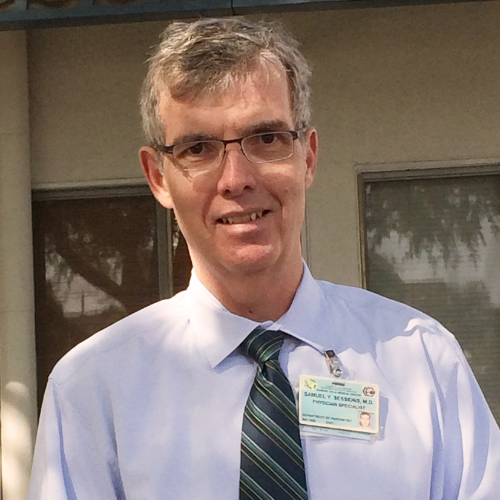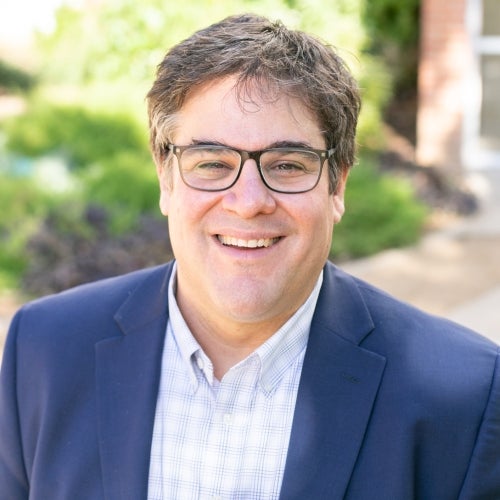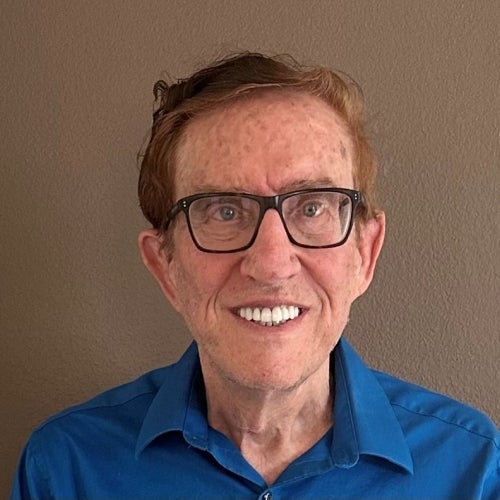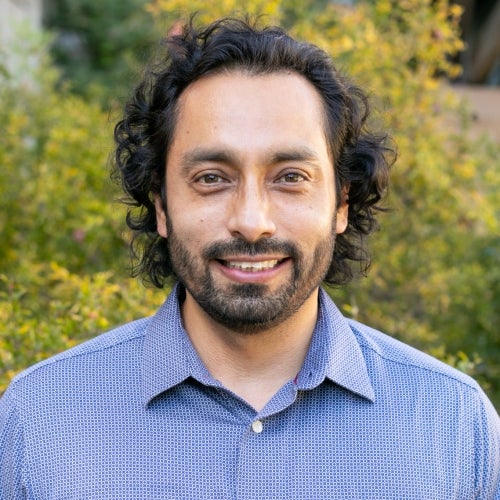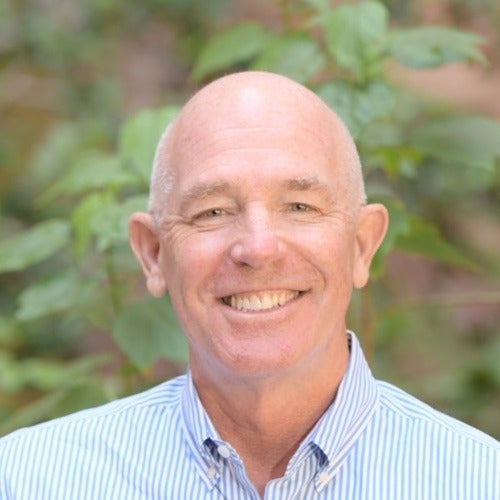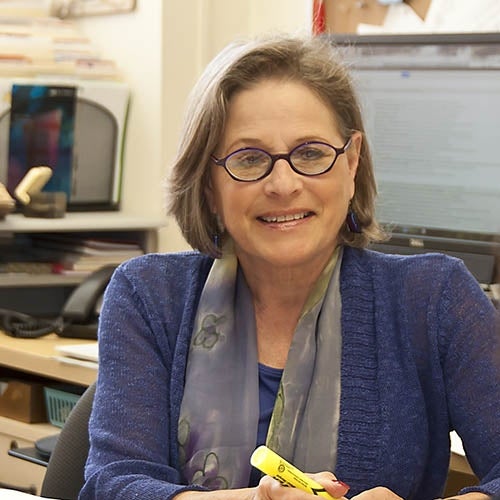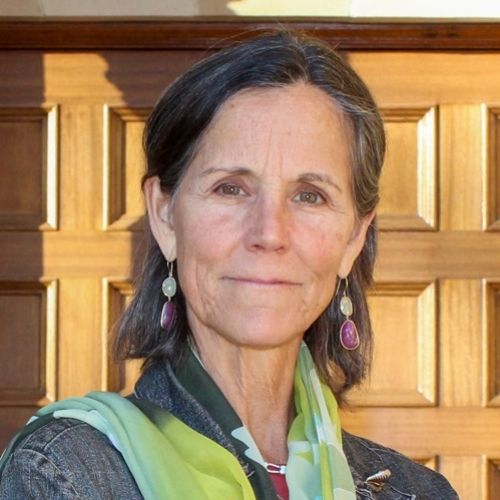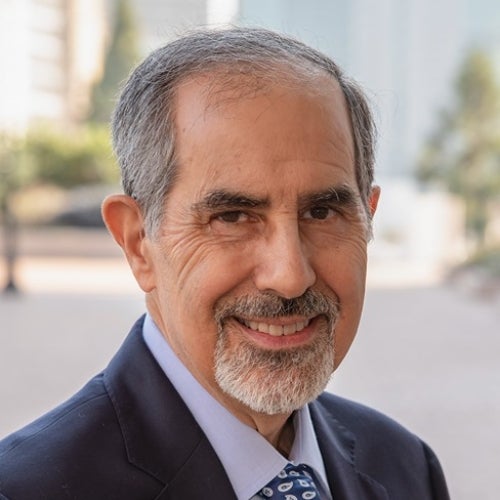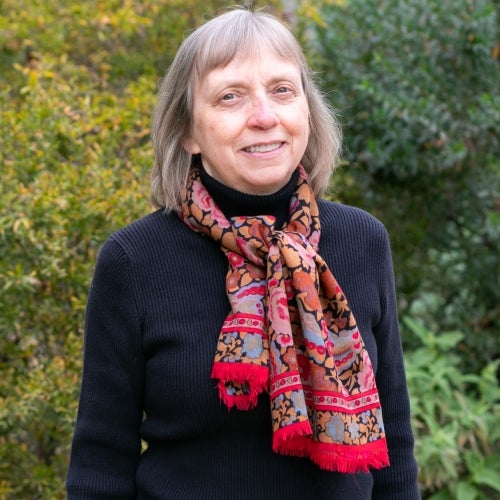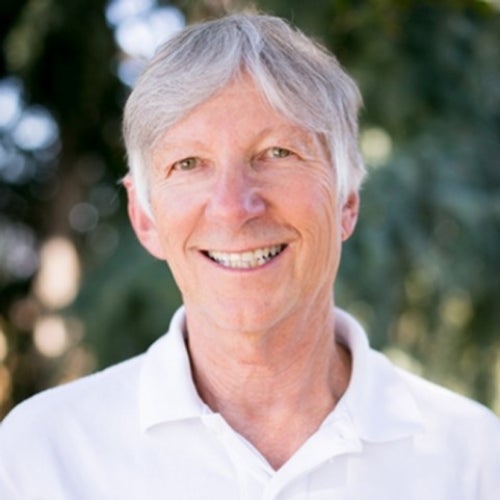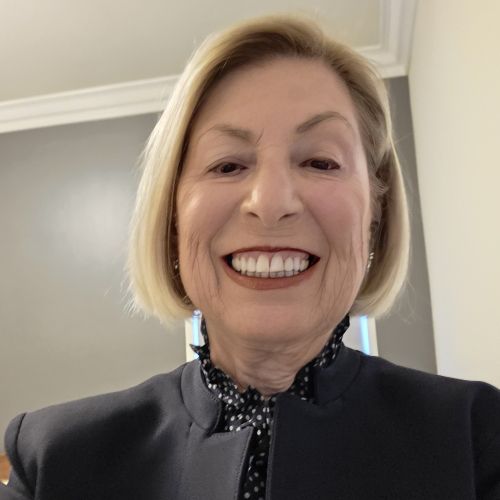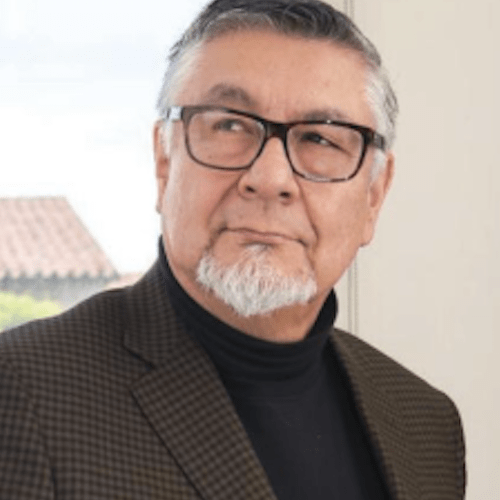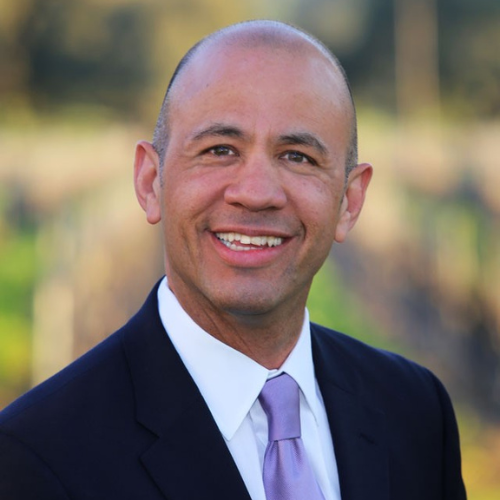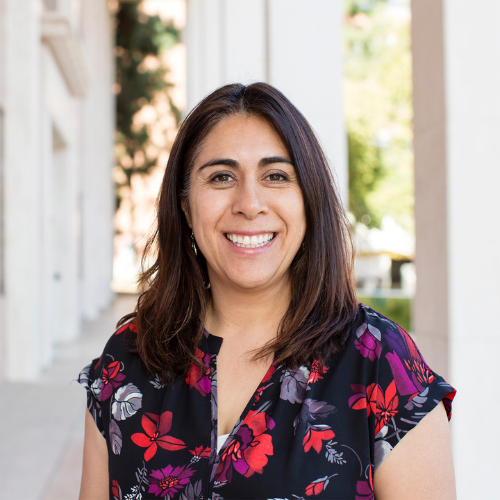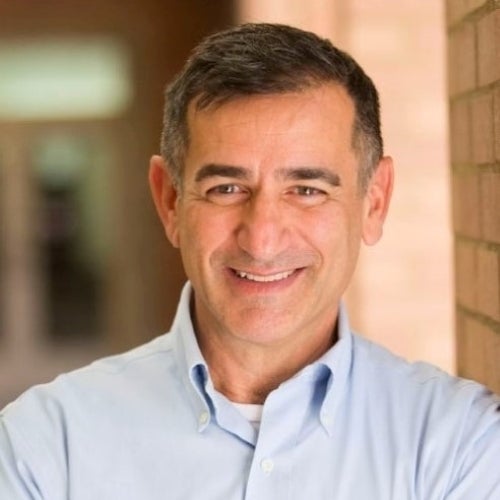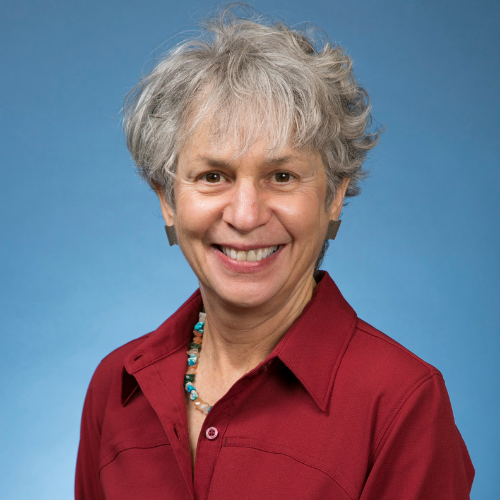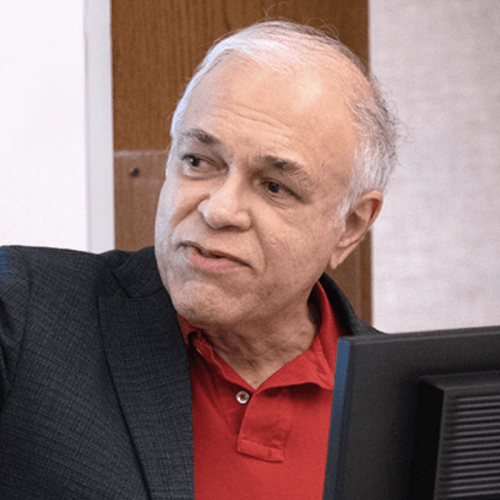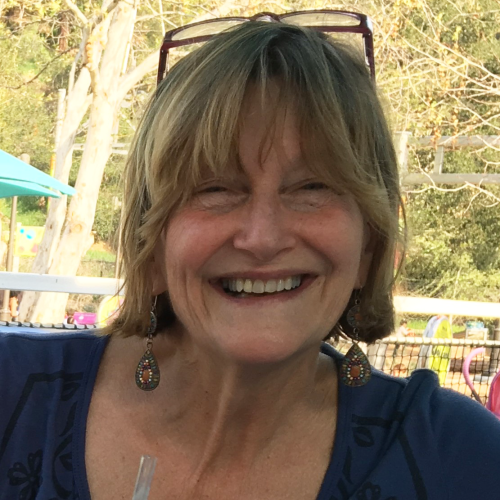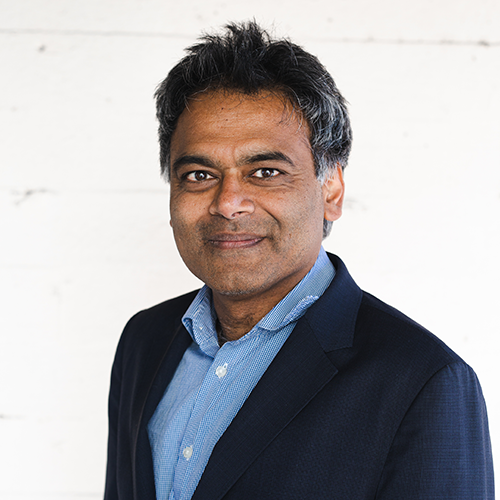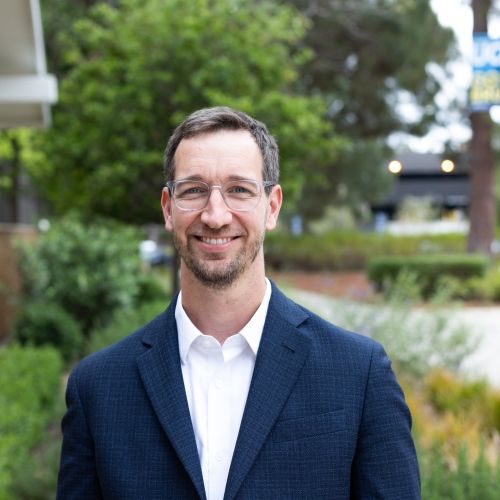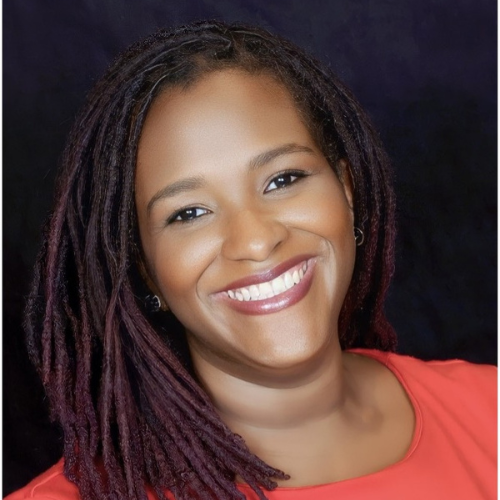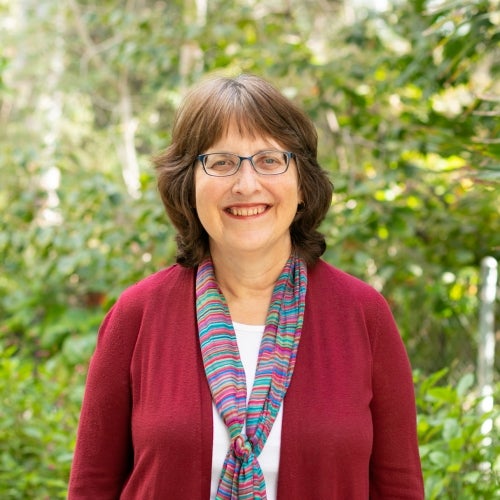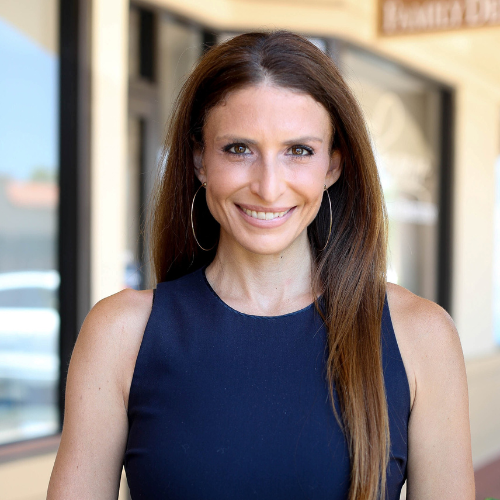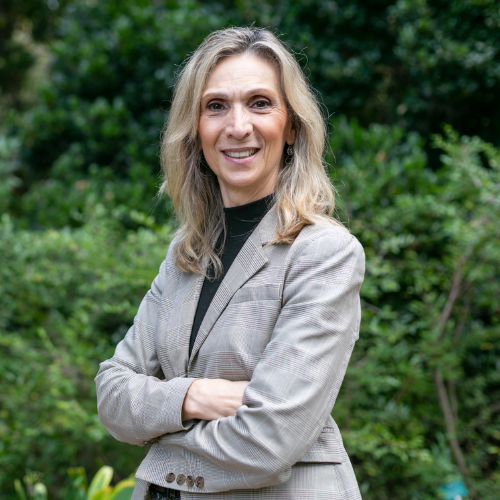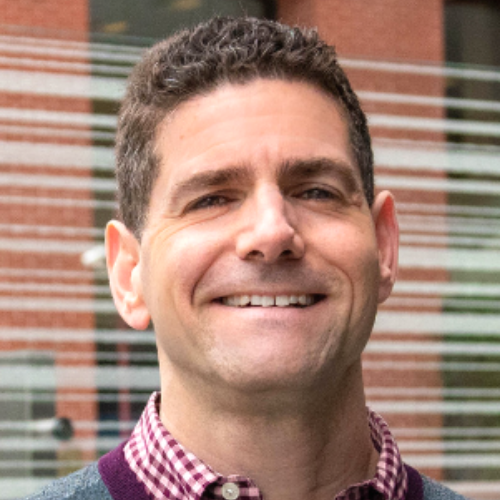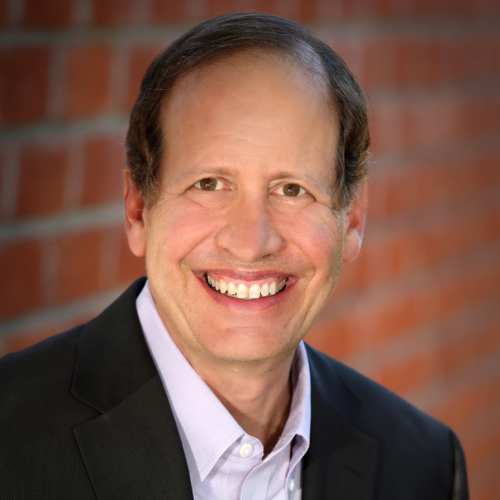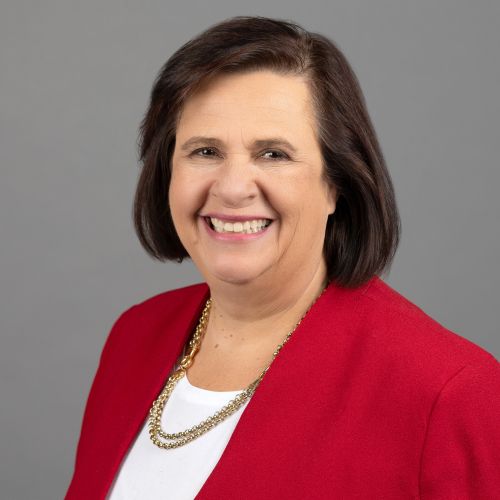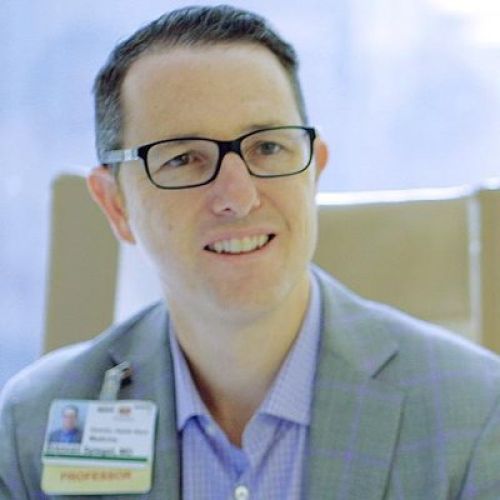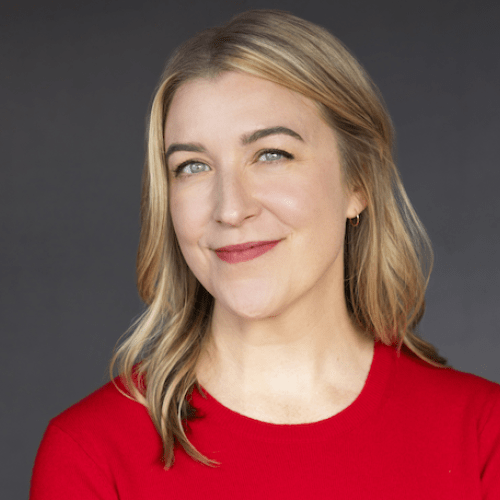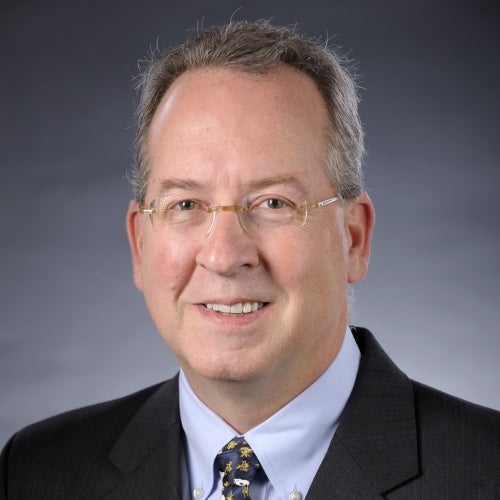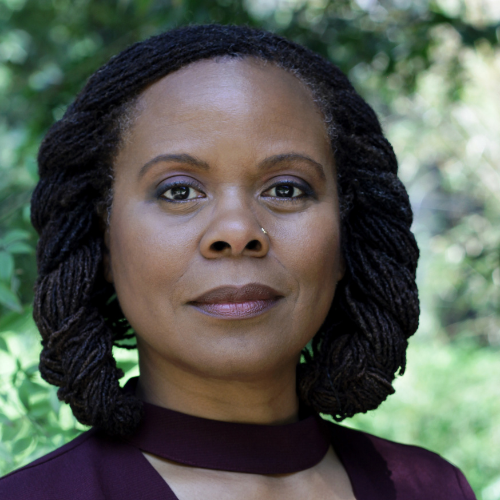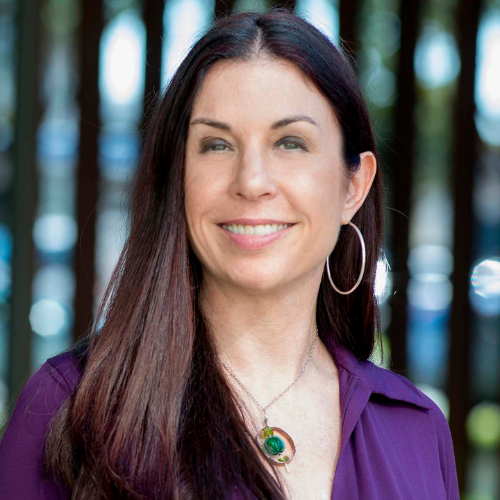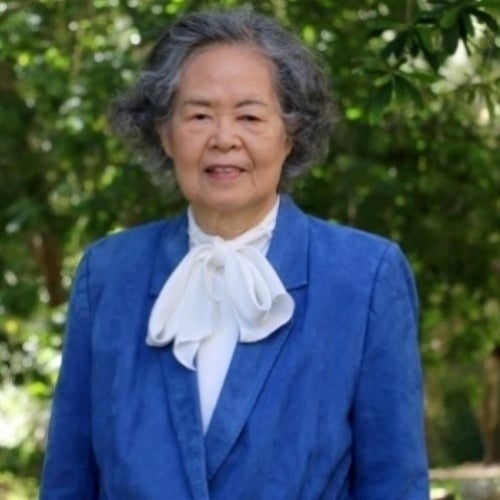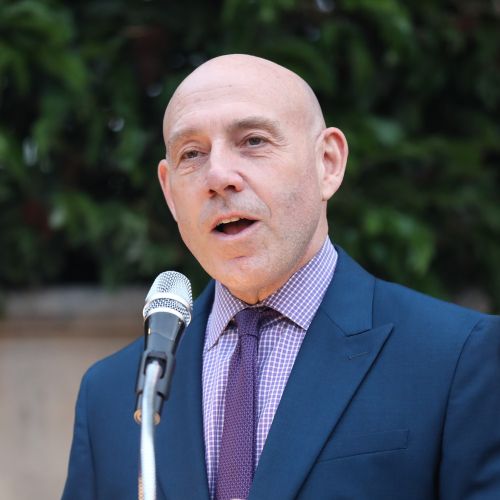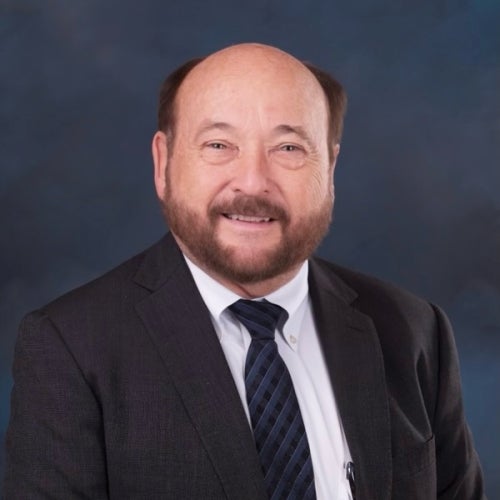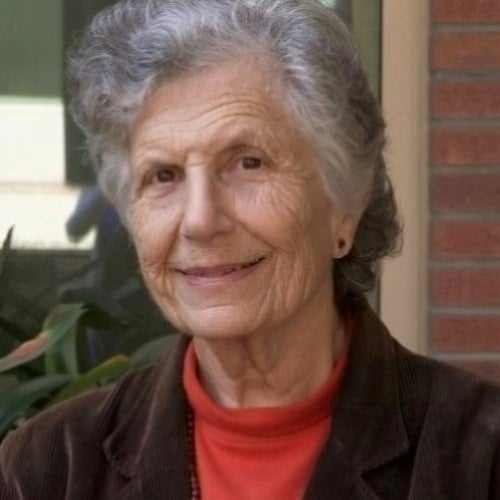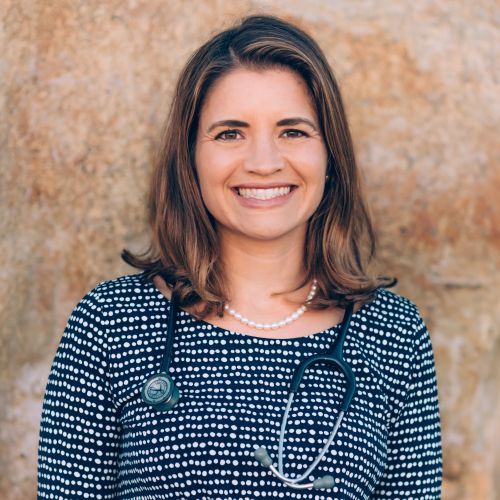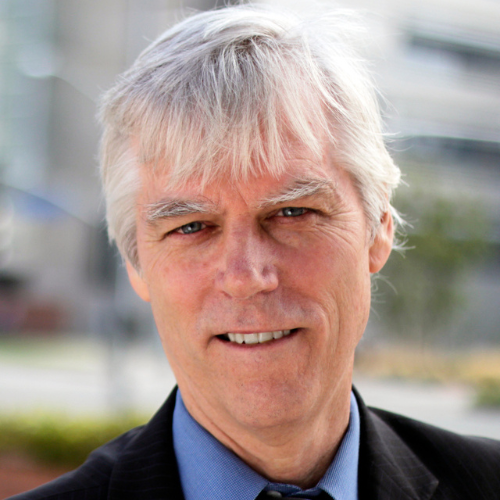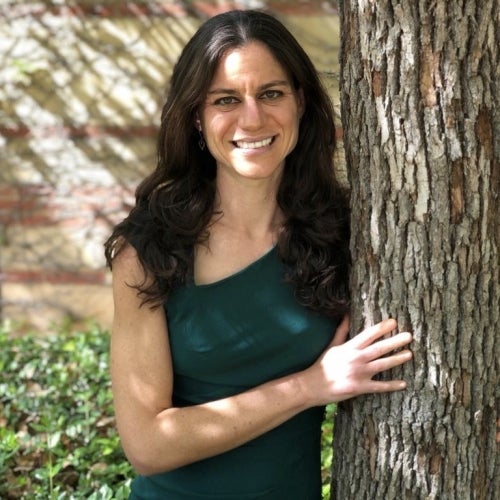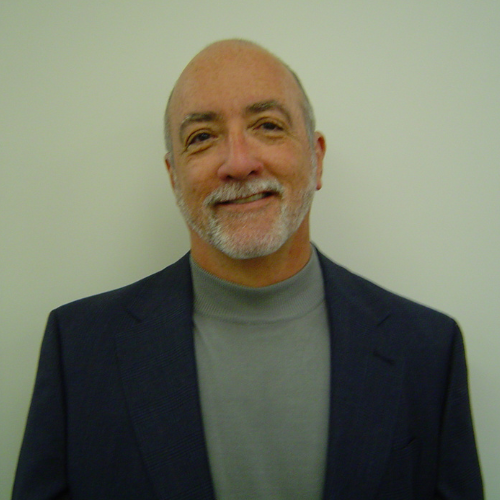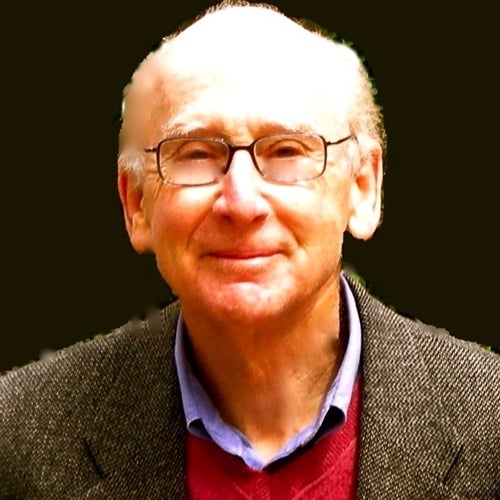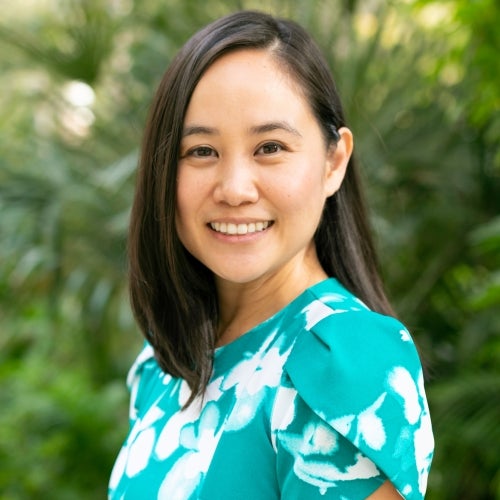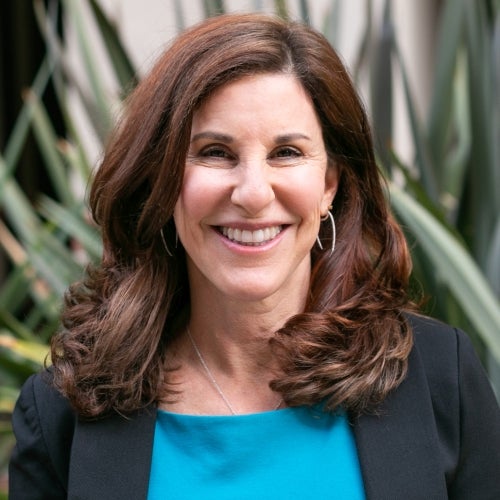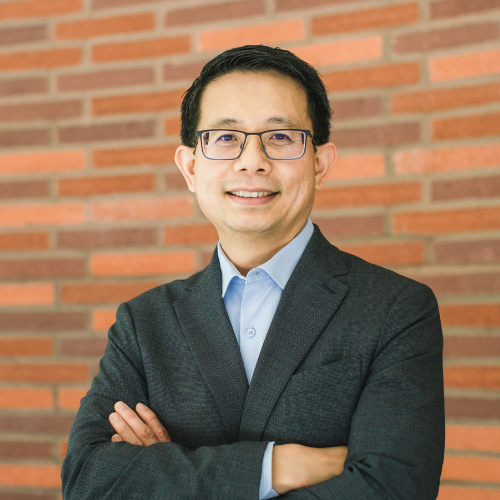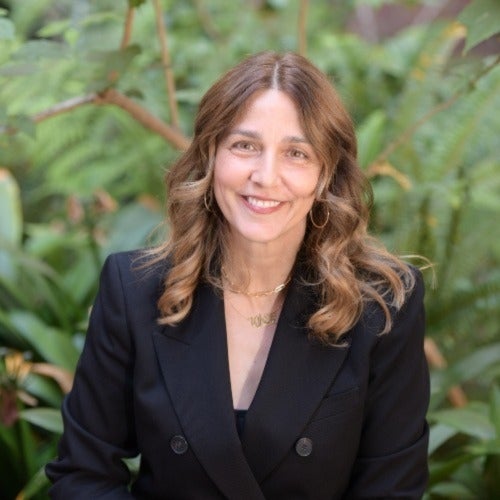Trust in governments and healthcare workers low globally, influencing attitudes on health and vaccines
Researchers found less than 1/3 of respondents expressed trust in health advice from their governments; less than half trusted doctors and nurses.
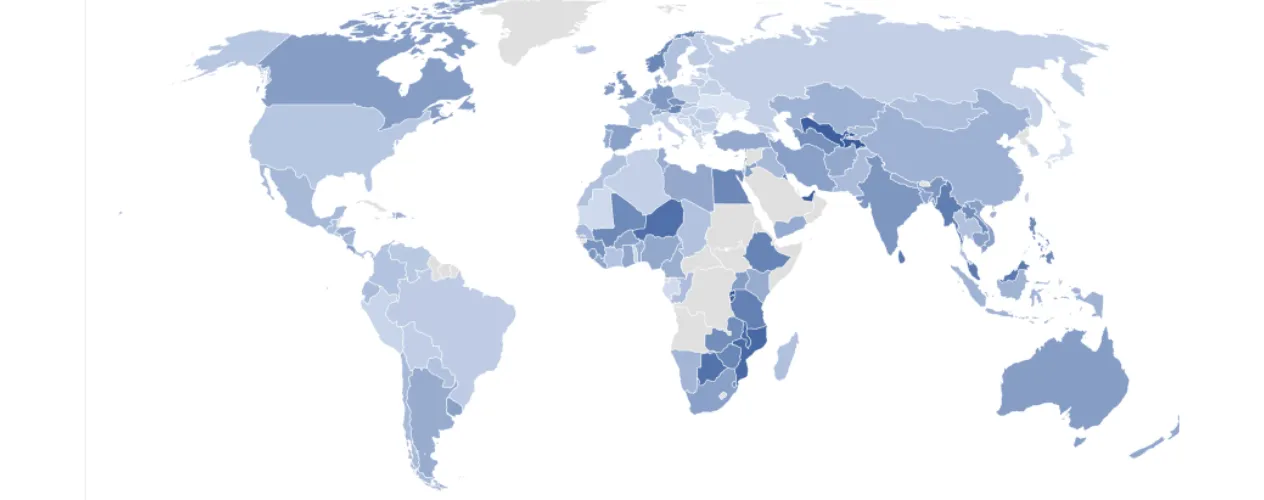
Trusting health advice from governments and health workers, and feeling positively about vaccines, are strongly associated with trust in institutions, according to a peer-reviewed study from UCLA researchers published in the August edition of the journal Health Affairs.
“Trust is essential for effective health care delivery and health policy implementation,” said Dr. Corrina Moucheraud, UCLA Fielding School of Public Health professor of health policy and lead author of the study – “Trust in Governments and Health Workers Low Globally, Influencing Attitudes Toward Health Information, Vaccines” – which drew on surveys of more than 149,000 people in 144 countries.
In the midst of a global pandemic that has claimed more than 4.2 million lives, according to the World Health Organization, and where basic preventive measures depend heavily on trust in government leaders and healthcare professionals, the findings are a sober reminder of the need for effective public health communications to control the crisis, Moucheraud said.
“What we’ve learned through this research is that trust in government may be critical for trust in health messages, and for feeling that vaccines are important, effective and safe – but only one-quarter of respondents globally meet this bar,” she said. “And fewer than half of respondents globally said that they trust doctors and nurses a lot.”
The findings are based on analysis of responses to the 2018 Wellcome Global Monitor survey, which is the most recent and comprehensive (across all geographic regions and income levels) global assessment of people’s opinions of health and medical topics, including trust and attitudes toward vaccines.
“People’s trust in these institutions (governments and healthcare professionals) was correlated with trust in health or medical advice from them, and with more positive attitudes toward vaccines,” said Huiying Guo, a Fielding School doctoral student and co-author of the study. “Vaccine attitudes also varied substantially worldwide, with safety being the most common concern.”
There were significant differences by geographic region: positive attitudes toward vaccines—feeling that they are safe, effective, and important—varied widely, with more than 70% of South Asian respondents, but fewer than 40% of European or East Asian respondents, strongly agreeing with these sentiments. In some regions (East Asia, Europe, and North America), respondents were particularly unlikely to strongly agree that vaccines were safe.
Positive vaccine attitudes were about 39% more common among those who trust the government and 59% more common among those who trust health advice from the government. Those who trust doctors and nurses, as well as those who trust health advice from medical workers such as doctors and nurses, were also more likely to report positive vaccine attitudes.
Although the survey pre-dates the SARS-CoV-2 outbreak by roughly one year, the researchers found elements that may be relevant to the current pandemic. Trust in government was positively associated with rural residence and negatively associated with educational attainment, and was highest among those who were older. The researchers also identified gender differences - women expressed greater trust in medical advice from the government and from medical workers, compared with men. These suggest potential areas for prioritizing or focusing interventions and public health messaging.
The analysis found three key findings that are especially relevant to policy-making:
- First, in settings where public trust in governments is especially low, public officials might not be the optimal “face” of public health messages.
- Second, family physicians may be more effective at communicating health advice and vaccine messages, rather than local or national public health officials.
- Third, understanding the sources of vaccine attitudes is essential to boosting vaccination rates.
The relative priority of vaccine safety found in the survey, for example, suggests that information on this topic could be emphasized, instead of focusing on vaccine importance or effectiveness.
“Policy makers should understand that the public may have varying levels of trust in different institutions and actors,” said co-author Dr. James Macinko, also with the Fielding School. “Although much attention is paid to crafting public health messages, it may be equally important, especially during a pandemic, to identify appropriate, trusted messengers to deliver those messages more effectively to different target populations.”
Data availability statement: Available at https://wellcome.org/reports/wellcome-global-monitor/2018.
Funding: Moucheraud is supported by the National Center for Advancing Translational Science (Grant No. KL2TR001882), part of the U.S. National Institutes of Health.
Methods: The team used nationally-representative survey data from 144 countries to assess people’s degree of trust in institutions (governments, and doctors and nurses) and health advice from them, and how each type of trust is associated with attitudes toward vaccines. Sources include the Wellcome Global Monitor survey, which collects information on trust and respondents’ individual-level characteristics. In total, 149,014 respondents from 144 countries completed the Wellcome 2018 survey.
Citation: Moucheraud C, Guo H, Macinko J. “Trust in governments and health workers low globally, influencing attitudes toward health information, vaccines.” Health Affairs (Millwood). 2021; 40(8); 1215-24. doi.org/10.1377/hlthaff.2020.02006
The UCLA Fielding School of Public Health, founded in 1961, is dedicated to enhancing the public's health by conducting innovative research, training future leaders and health professionals from diverse backgrounds, translating research into policy and practice, and serving our local communities and the communities of the nation and the world. The school has 631 students from 26 nations engaged in carrying out the vision of building healthy futures in greater Los Angeles, California, the nation and the world.
Faculty Referenced by this Article

Professor of Community Health Sciences & Health Policy and Management, and Associate Dean for Research

Dr. Ron Andersen is the Wasserman Professor Emeritus in the UCLA Departments of Health Policy and Management.

EMPH Academic Program Director with expertise in healthcare marketing, finance, and reproductive health policy, teaching in the EMPH, MPH, MHA program

Dr. Michelle S. Keller is a health services researcher whose research focuses on the use and prescribing of high-risk medications.
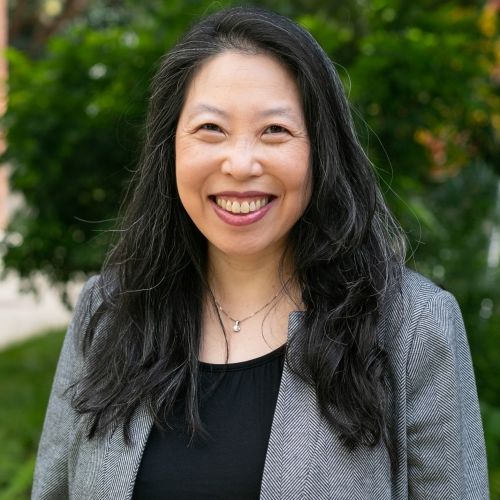
Assistant Dean for Research & Adjunct Associate Professor of Community Health Sciences

Robert J. Kim-Farley, MD, MPH, is a Professor-in-Residence with joint appointments in the Departments of Epidemiology and Community Health Sciences
Nationally recognized health services researcher and sociomedical scientist with 25+ years' experience in effectiveness and implementation research.
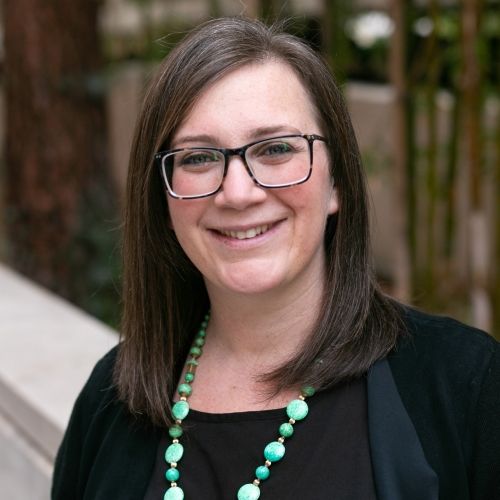
Director of Field Studies and Applied Professional Training


